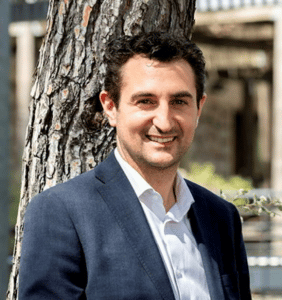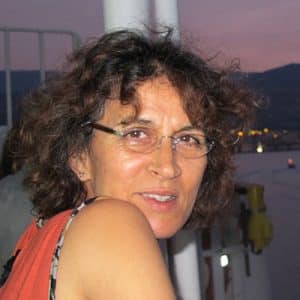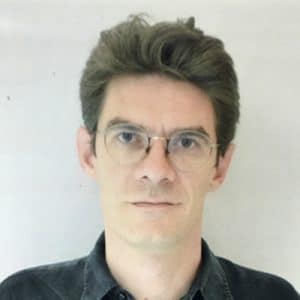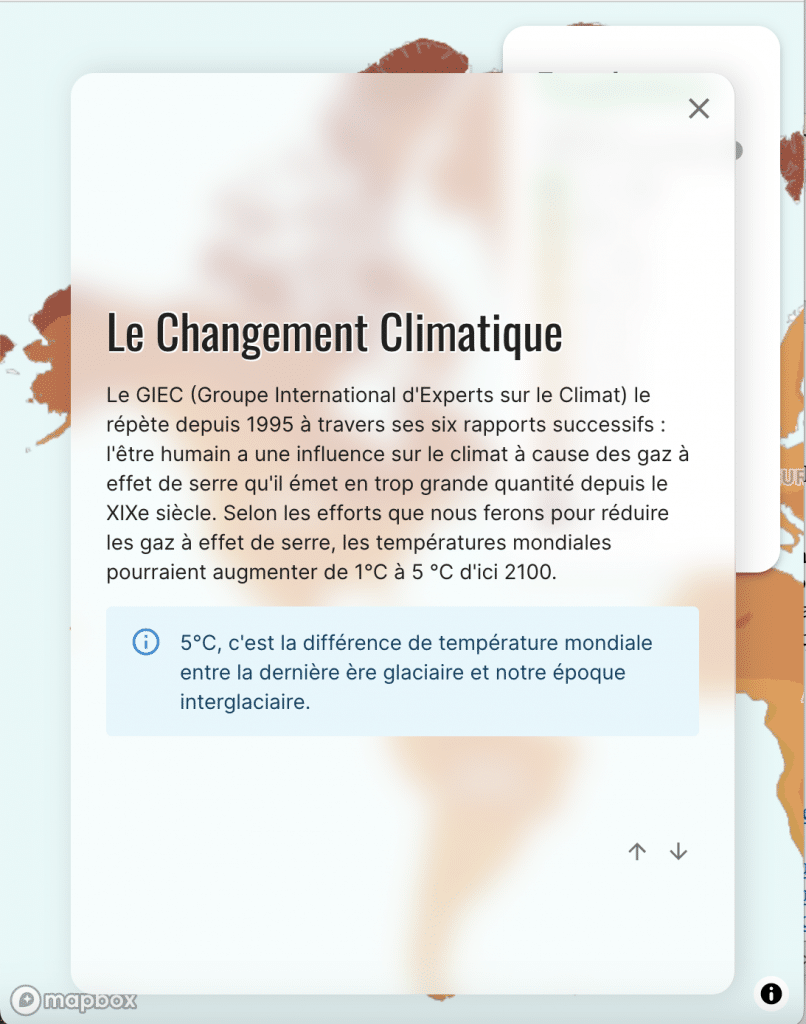News
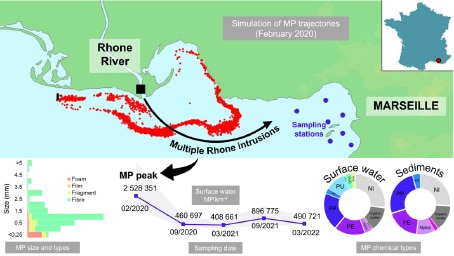
Microplastics in Marseilles Bay
Influence of the Rhone River intrusion on microplastic distribution in the Bay of Marseille, Alcaïno et al, 2024, Regional Studies in Marine Science The ubiquitous contamination of environmental matrices by
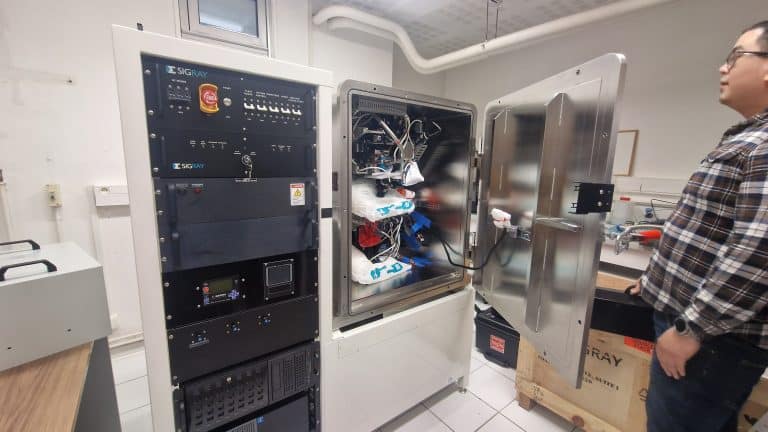
Reception of ATTOMAP 310 at CEREGE
As part of the IMAGINE2 project (national platform for IMagery and Analysis to Guide Innovation in the Face of Environmental and Energy Transition), CEREGE is currently hosting ATTOMAP 310,
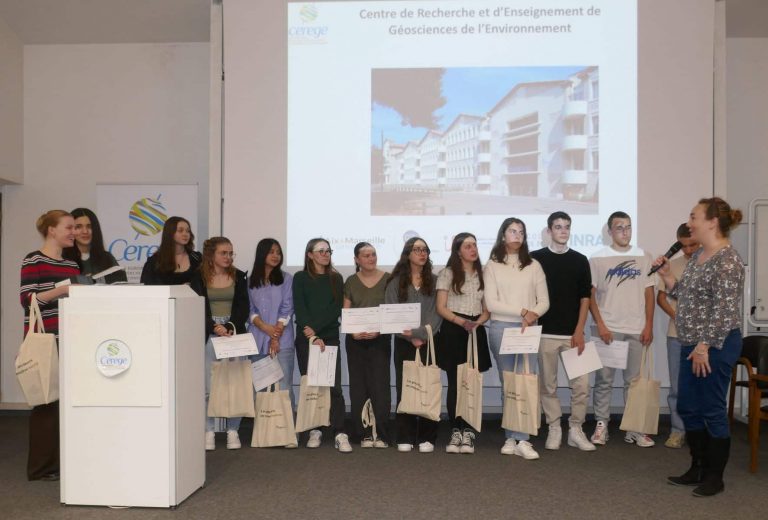
Geosciences Olympiad at CEREGE
On Wednesday 3 April, the winners and prize-givers of the Academic Geosciences Olympiad 2024 were announced at CEREGE Arbois, with the following members of the jury taking part: Françoise Chalié, Head of the Geosciences Department at CEREGE Arbois and Françoise Chalié, Head of the Geosciences Department at CEREGE Arbois.
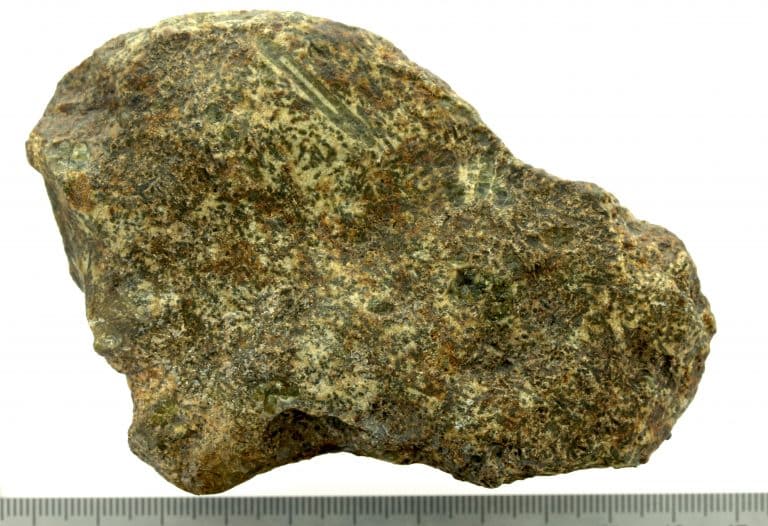
Meteorite: a magnetic record dating back 4,565 Ga
The Erg Chech 002 meteorite is the result of an eruption that took place on an asteroid 4.565 billion years ago. By studying it, researchers from the Centre de Recherche et
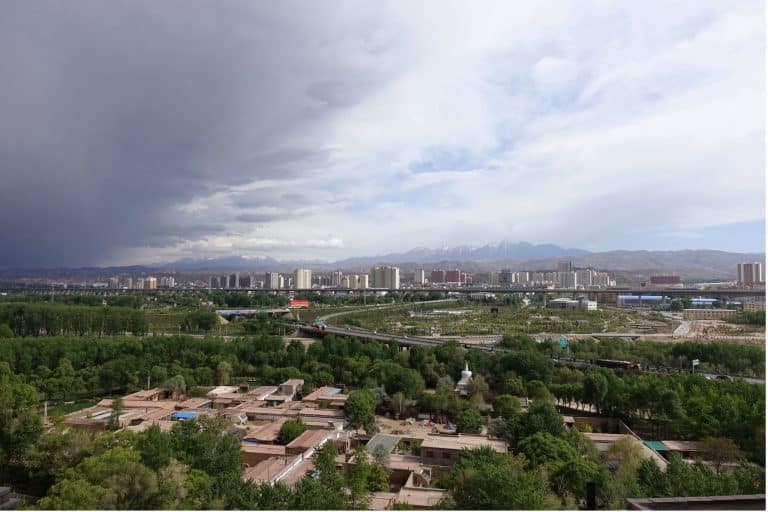
How will our future be shaped by global climate change?
To better understand our future, an international collaboration involving researchers from the Centre de Recherche et d'Enseignement en Géosciences de l'Environnement (AMU/CNRS/IRD/INRAE/Collège de France) has been launched,
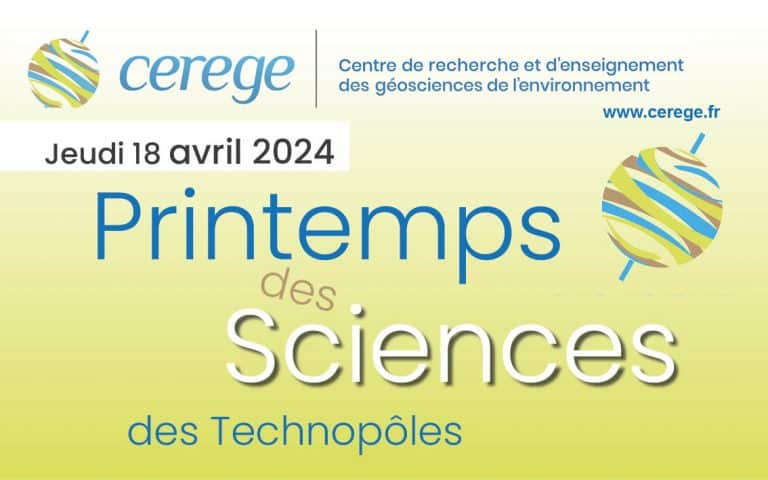
Science Spring at the Arbois and Château-Gombert technology parks
Buoyed by the success of its first edition, the Printemps des Sciences (Springtime for Science) event will be held on Thursday 18 April 2024 at the Arbois-Méditerranée (Aix-en-Provence) and Château Gombert (Aix-en-Provence) technology parks.
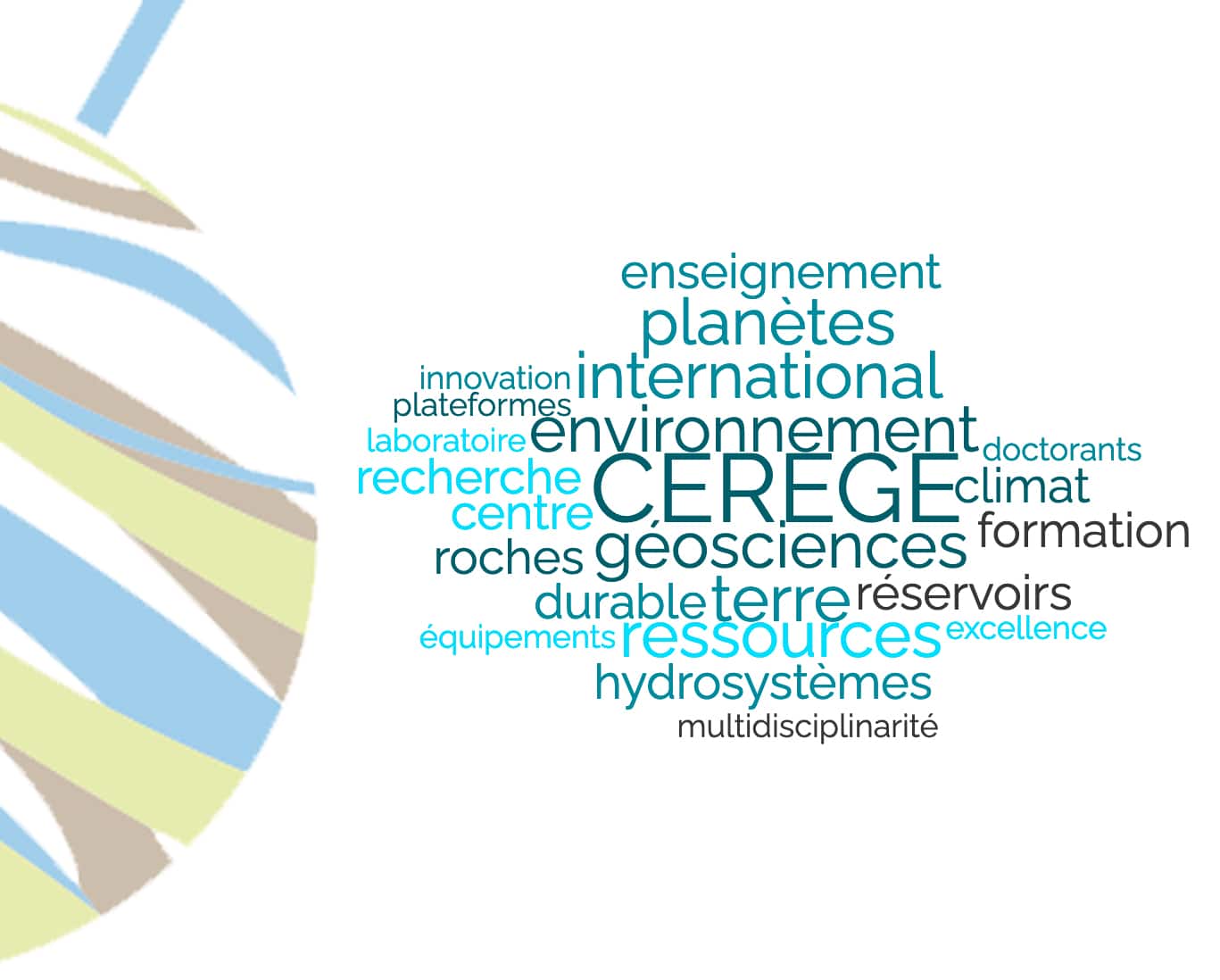
Research and Education Centre international multidisciplinary, the CEREGE covers almost all the Environmental Geosciences, with one objective: to study the dynamics of environmental processes and their disturbances under natural or anthropogenic constraints.
"The CEREGE, with 278 staff, including 138 permanent staff, is a major research unit in the French scientific landscape. HCERES 2023
Centre of excellence by its skills human and its instrumental skillsCEREGE's research is supported by laboratories and analytical platforms, inter-team collaborations and a broad network of national and international collaborations. The thematic teams are supported by state-of-the-art laboratories, a multiple and complementary field of expertiseThe project combines field observation techniques with analytical experimentation and numerical modelling.
The CEREGE offers training courses of the UFR Sciences and the OSU Institut Pythéas from the Licence to the Master and Doctorate levels.
Joël Guiota palaeoclimatologist at CEREGE and author of the IPCC's special report on +1.5°C warming, helped to develop the SimOn
